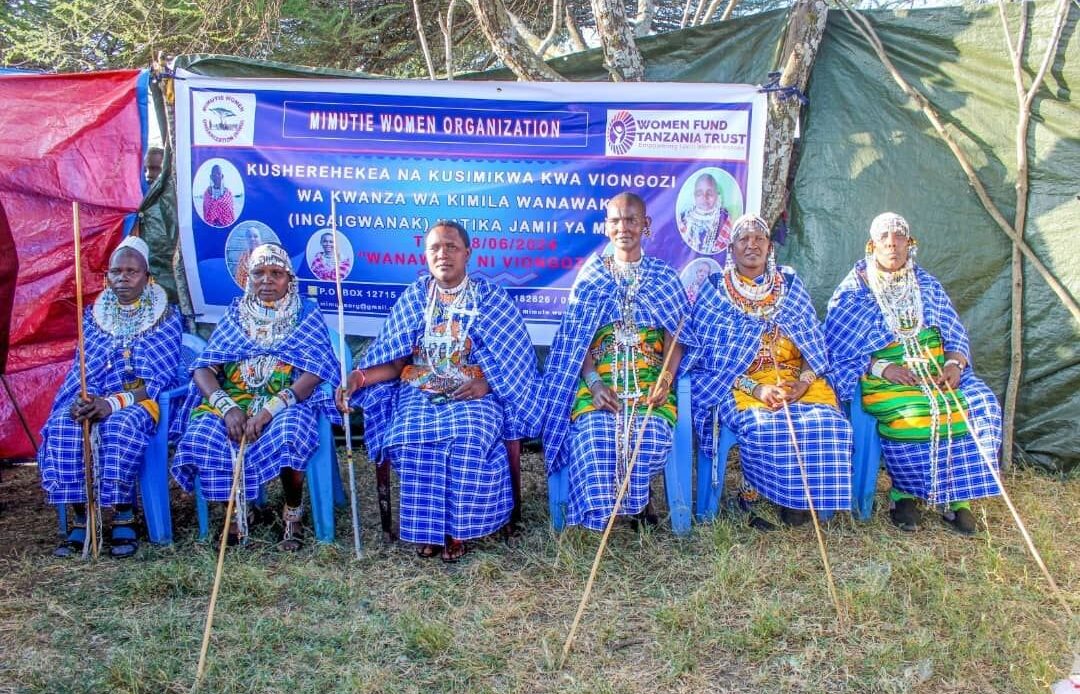
According to Maasai history, their migration began in the 15th century, eventually reaching the region now known as Tanzania.
For over a hundred years, women in the Maasai tribe were treated as having no significant role in the community, often compared to animals without rights.
Women in Maasai Tribe live without basic human rights, including the right to participate in decision-making.
There was no system in place to raise women’s voices within the Maasai tribe.
For a long time, women in the Maasai community lived without a voice due to the absence of a leadership system that allowed them to participate in decision-making.
This lack of representation contributed to widespread gender-based violence in the Maasai community, as women had no means to speak out.
For the first time in Maasai history, on June 18, 2024, the Mimutie Women Organization (MWO) officially established the IngaigwanaK System within the Maasai community. The celebration of this milestone took place in Maalon Village in the Ngorongoro District, with leaders from the Government of Tanzania attending the event, marking a historic moment globally.
What is Engaigwanan ?
Ingaigwanak is a leadership system that recognizes women in the Maasai tribe as leaders, allowing them to participate in decision-making processes and leadership roles alongside men.
This system was recommended and established by the Mimutie Women Organization, demonstrating the power and potential of women in decision making and their ability to lead the community and effect change, just as men do.
Ingaigwanak focuses on combating all forms of gender-based violence and promoting gender equality within the Maasai community.
Rose Njilo, the Executive Director of Mimutie Women Organization, was instrumental in advocating for the establishment of this system.
It took considerable time for the Maasai community to accept this new form of leadership, which is now even supported by the Leigwanan (traditional Maasai leaders).
The successful establishment of Ingaigwanak was supported by the Women Fund Tanzania, which help Mimutie Women Organization in fighting against gender based violence.
As of 2024, there are six women who serve as leaders within the Maasai Tribe under the Ingaigwanak system, and they have already been introduced to the community.
These leaders, known as Ingaigwanak, participate in community meetings as official traditional leaders, showcasing their ability to lead and contribute to the community’s development.
This system provides a platform for women to have an equal voice in leadership and decision making, breaking down historical barriers and promoting gender equality.
The introduction of the Ingaigwanak system signifies a revolutionary change in the social fabric of the Maasai community.
Historically, women were marginalized and denied basic rights, but this system now provides them with a platform to lead, make decisions, and advocate for their rights.
This marks a significant step towards gender equality and the reduction of gender based violence in the Maasai community.
By recognizing women as leaders and allowing them to participate actively in decision making, the Maasai community is taking a bold step towards a future where all members, regardless of gender, have an equal opportunity to contribute to their society.
The Ingaigwanak system is more than just a leadership initiative, it is a movement toward justice, equity, and empowerment for all Maasai women.
